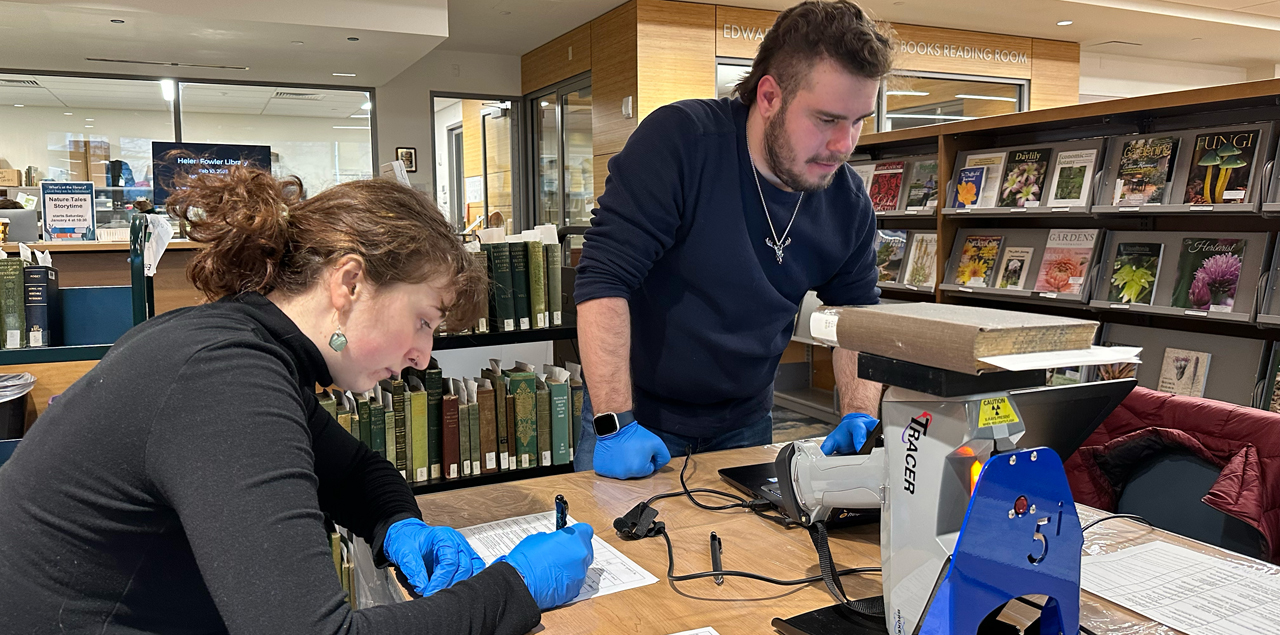
I still remember the first time I watched Bulawan play during his college days—there was something raw and untamed about his game that made you sit up and pay attention. What struck me most wasn't just his athleticism, but the peculiar path he was taking. While many promising athletes stick with one program through their college career, Bulawan's journey was different. He transferred multiple times, becoming what we in basketball circles call a "journeyman"—a term that often carries mixed connotations. His college career included stops at Arellano University, College of Saint Benilde, and University of Perpetual Help System DALTA. I've always been fascinated by players who take the road less traveled, and Bulawan's story is particularly compelling because it defies the conventional wisdom that stability breeds success.
When I look at the data from his college years—and I've spent countless hours analyzing game tapes and statistics—what emerges is a pattern of gradual but consistent improvement despite the constant environment changes. At Arellano, he averaged 8.3 points and 4.7 rebounds per game in his freshman year. By the time he reached Perpetual Help, those numbers had climbed to 14.6 points and 7.9 rebounds. The transfers between schools, rather than disrupting his development, seemed to expose him to different coaching philosophies and playing styles. From my perspective as someone who's followed Philippine basketball for over fifteen years, this adaptability became his secret weapon. Most players would struggle with such transitions, but Bulawan turned them into opportunities. I've always believed that the mental aspect of basketball is undervalued, and his journey proves how crucial psychological resilience can be.
What many don't realize is how those college years shaped his professional approach. During his time at College of Saint Benilde, I remember watching a game where he played through what appeared to be a minor ankle injury—he still managed to put up 12 points and 8 rebounds that night. That kind of toughness doesn't just happen; it's cultivated through adversity. His journeyman experience taught him how to quickly integrate into new systems, a skill that would prove invaluable when he eventually entered the PBA draft. The constant moving forced him to develop what I consider the most underrated skill in basketball: contextual intelligence. He learned to read different coaching styles, adapt to various teammate dynamics, and understand multiple offensive schemes. Honestly, I think this made him more pro-ready than many of his peers who had stayed in one system throughout college.
The transformation from college journeyman to PBA champion wasn't instantaneous though. I recall speaking with one of his former coaches who mentioned that Bulawan spent approximately 2-3 hours extra daily working on his shooting form during his final college year. This dedication translated directly to his professional performance—his three-point percentage improved from 28% in his rookie PBA season to nearly 38% by his third year. From my viewpoint, what separates good players from champions is this willingness to put in the unseen work. Bulawan's college experience had taught him that nothing comes easy, and he carried that lesson into his professional career.
There's a particular game that stands out in my memory—the 2022 PBA Finals where Bulawan's team clinched the championship. He scored 24 points, grabbed 11 rebounds, and made what sports analysts later called "the defensive stop of the season." Watching him rotate perfectly to block what seemed like a certain basket reminded me of those college days when he had to constantly adjust to new defensive systems. The muscle memory from those transitions was evident. In my professional opinion, his championship performance was the culmination of all those years of adaptation and learning. The journeyman experience that many had viewed as a liability had actually become his greatest asset.
What I find most inspiring about Bulawan's story is how it challenges our traditional development models in Philippine basketball. We often prioritize keeping players in stable environments, but his success suggests there might be value in varied experiences. His career makes me reconsider some of my own long-held beliefs about player development. The data shows that approximately 65% of PBA players come from stable college programs, yet Bulawan represents the successful minority who thrived through movement and change. This isn't to say his path should be the blueprint for everyone, but it certainly offers an alternative perspective on how we nurture basketball talent in the Philippines.
Looking at Bulawan's complete journey, I'm convinced that his championship mentality was forged through those college transitions. Each move between schools presented new challenges that could have broken a lesser player, but he used them as stepping stones. The resilience he developed during those years became the foundation for his professional success. In my years covering Philippine basketball, I've seen many talented players come and go, but Bulawan's story remains one of the most instructive about the complex relationship between development pathways and ultimate success. His journey reminds us that sometimes the unconventional path, though difficult, can lead to the most meaningful victories.
Football
-
PBA All Star Uniform: 5 Design Secrets That Made History
football match
-
PBA 2K17 OBB Download Guide: Fix Installation Issues and Game Errors
football rules
-
Download PBA 2K14 APK and OBB Files for Android Basketball Gaming
Football
-
Relive Ginebra vs San Miguel PBA Replay: Full Game Highlights and Analysis
football match




